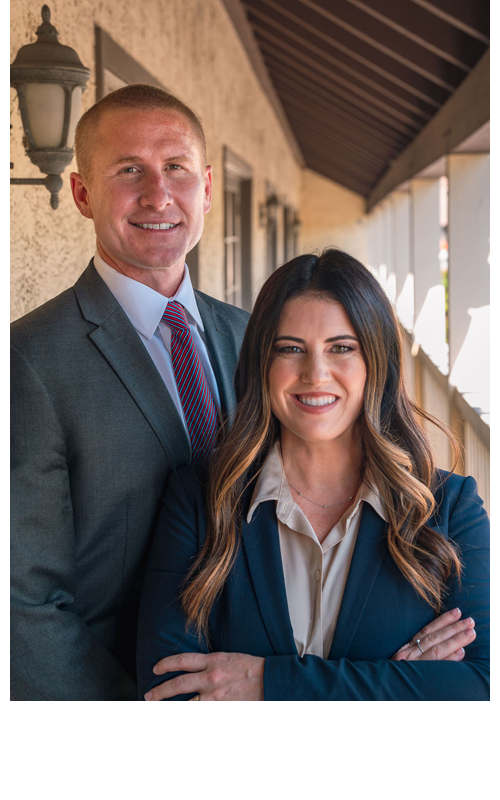- San Diego, CA
- info@hayeslawsd.com
Before we move further into this article, I would like to apologize for your loss and the events that led up to it. Death is already tough to go through in life, but to lose someone long before they are meant to leave is a devastating tragedy. If you are reading this now, my guess is that you did lose someone wrongfully, and you are wondering “what can I do about it?” Before you ask that question, there are four questions that you should ask before you take action: (1)When is a Death Wrongful? (2)Who can make the claim? (3)What must they prove? and (4)What damages can you claim?
A death is considered wrongful when a person has been killed as a result of another person’s (or entity’s) negligence. You may be entitled to make a Wrongful Death claim if a loved one has died as a result of:
These are just a few examples of actions that can lead to a Wrongful Death claim. A Wrongful Death claim can come from any type of case that could result in a Personal Injury Claim if the result of the situation did not lead to death. Although, there might be one exception for work injuries that results in a death, and that must be resolved through the worker's compensation system.
The following individuals can present a Wrongful Death Claim in the State of California:
If no one falls in the categories listed above, then anyone that would be considered entitled to the Deceased Person's Property can make this claim. This could include:
And lastly, if the following people can prove that they were financially dependent on the Deceased Person, they can also present a Wrongful Death Claim:
In order to hold a defendant liable for a Wrongful Death Claim, the plaintiffs must be able to provide the same level of proof that the Deceased Person would have needed to prove in their Personal Injury Claim. That means the plaintiffs will need to prove that:
These are the items that are typically claimed on a Wrongful Death Claim:











